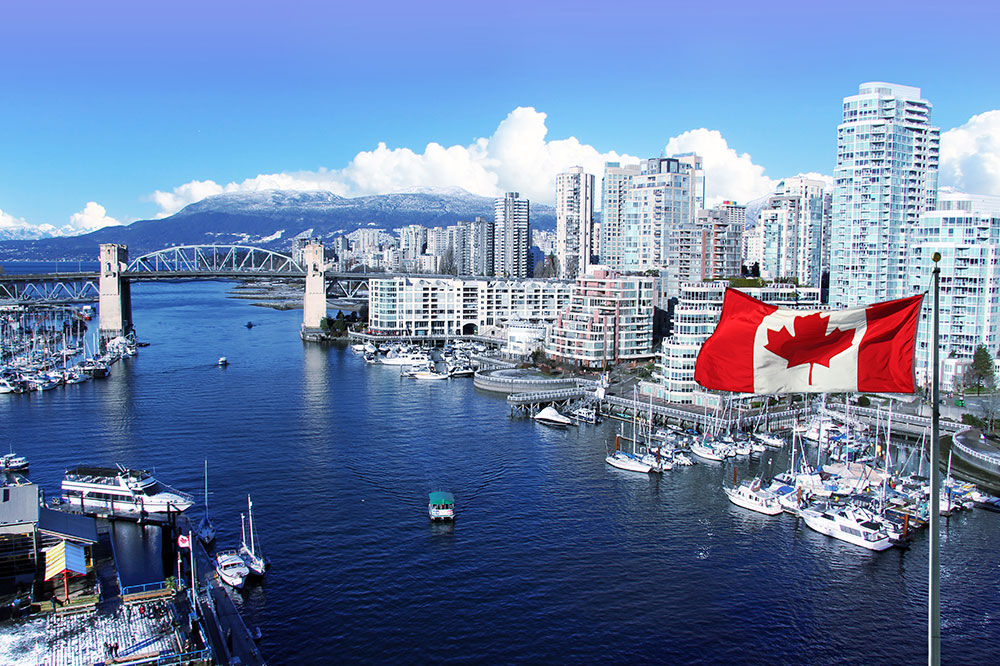
The hows and whys of moving to Canada
Living and working in the United States was, and maybe still is, a dream for many. With time, however, countries like Canada and Australia have also caught up, largely due to their high standard of living, simple visa regulations, and world-class health infrastructure. Canada is an especially appealing choice as it has a growing economy and low inflation.
Every year, hundreds of thousands immigrate to Canada, hoping to build their careers and settle in the country. In an attempt to further increase the number of skilled workers immigrating to Canada, the Justin Trudeau-led government is currently inviting nearly 400,000 workers to the country under the Federal Skilled Workers Program (FSWP).
What is the Federal Skilled Worker Program (FSWP)?
The FSWP, which was brought under the Express Entry selection system in 2015, is an immigration program for skilled workers who want to relocate to Canada permanently. A massive 80% of complete applications under the FSWP are processed within 6 months or less, so the program is one of the fastest ways of acquiring a Permanent Resident (PR) visa to Canada.
The minimum requirements of the FSWP include:
- Skilled work experience
All applicants must have valid work experience to apply under the FSWP. The work experience must be in the same type of job as used for the immigration application and must have been gained within the last 10 years. Plus, it should have been with paid work and should include at least 1 year of continuous work. While part-time work experience and paid student work experience also count, volunteer work or unpaid internships are not considered.
- Language ability
Applicants must also take approved language tests in English or French, and a minimum score of Canadian Language Benchmark (CLB) 7 in writing, reading, listening, and speaking is mandatory.
- Education
Applicants who studied in a foreign school or university need to present proof of any diploma/degree/trade or apprenticeship credential issued for completing a program of study/training at a recognized educational or training institution. Applicants also need an Educational Credentials Assessment (ECA) certifying the value of the diploma/degree by Canadian standards.
Why should you immigrate to Canada?
Canada is a gold mine of opportunities. The country is looking to deal with declining birth rates by attracting skilled workers to increase the working population. Read on to know why immigrating to Canada could benefit you:
- Growing economy
Canada is the tenth-largest economy in the world, with a per capita income of $48,100. It is above Russia, and its financial pedigree is only going to strengthen in the coming years. This will directly impact the country’s already high standard of living, which means peace and prosperity for its citizens. - World-class education system
Named the most educated country in the world, Canada spends the most on per capita education among all industrialized countries and is the best place to enhance your educational credentials. It is home to renowned universities like McGill University, the University of British Columbia, and the University of Toronto, which are listed among the top 100 places to study in the world. Additionally, in some parts of the country, tuition fees are fully or partially covered for low-income students. - Access to universal healthcare
The country adopted a universal healthcare system back in the 1960s, allowing its citizens reasonable access to quality medical facilities without having to exhaust their savings. Canada spent $7,064 per person on healthcare in 2019, and the total healthcare spendings roughly translated to 11.5 percent of the country’s Gross Domestic Product (GDP). - One of the safest nations
Peace and security are valuable, and Canada offers plenty of both. It consistently ranks among the safest countries in the world, and the Institute for Economics and Peace (IEP) ranked Canada as the sixth most peaceful nation in the world in 2020. Most of it is a result of the country’s resolute gun control rules and peaceful approach to external politics.
- Previous Post
- Next Post